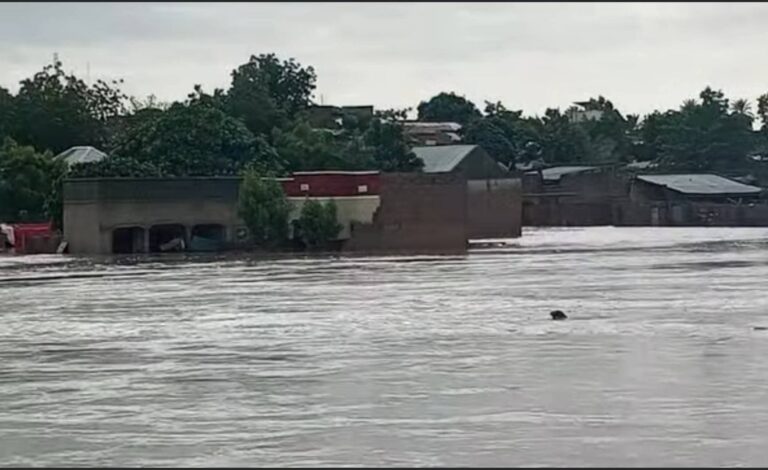By Peter Omopo
No fewer than 231 people have died and 114 remain missing following floods that have ravaged communities across Nigeria in 2025, the National Emergency Management Agency (NEMA) has confirmed.
Latest figures obtained by Sunday PUNCH on Saturday show that 607 people have been injured, while over 315,000 residents across 25 states and 86 local government areas have been affected.
The disaster, triggered by heavy rainfall, poor drainage systems, and the release of excess water from dams, has left 113,367 people displaced, destroyed 40,493 homes, and submerged more than 46,000 hectares of farmland.
Children, women, and the elderly have borne the brunt of the devastation, with data showing 143,683 children, 100,079 women, and 11,592 elderly persons directly affected. At least 2,265 persons living with disabilities are also among the victims.
Lagos tops the list of affected states with 52,013 people hit, followed closely by Adamawa (51,713) and Akwa Ibom (46,233). Other severely impacted states include Imo, Taraba, Rivers, Delta, and Abia.
A regional breakdown showed the South-South as the worst hit, with more than 101,000 people affected, while the North-East recorded about 92,000 victims. The South-West, South-East, North-Central, and North-West also reported thousands displaced.
NEMA said resource shortages, difficult terrain, damaged infrastructure, and security concerns have hampered rescue and relief operations. Urgent needs identified include food, clean water, shelter, health services, and education support.
Meanwhile, the Federal Government has issued a fresh flood alert for 17 states, warning of possible flash floods between September 6 and 8, 2025.
The advisory, signed by the Director of the Erosion, Flood and Coastal Zone Management Department, Usman Abdullahi Bokani, listed high-risk locations in Kebbi, Katsina, Kano, Bauchi, Nasarawa, Adamawa, Gombe, Plateau, Anambra, Imo, Kogi, Sokoto, Kaduna, Akwa Ibom, Rivers, Delta, and Benue.
The Ministry of Environment urged residents in the listed areas to take precautionary measures, stressing that preparedness could help reduce casualties and property losses.
Last year’s floods affected over five million Nigerians, displaced more than one million, killed 1,237 people, and destroyed farmlands and homes nationwide — a trend experts warn could worsen with climate change.

